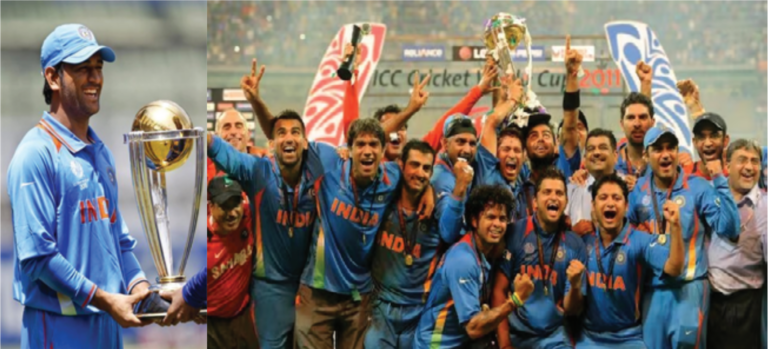Addressing Bias in Cricket Talent Scouting Evaluation Processes: Betbook250 com login, Reddyanna247, Play lotus365.com login
betbook250 com login, reddyanna247, play lotus365.com login: Cricket Talent Scouting Evaluation Processes and Bias
Cricket talent scouting is a crucial aspect of identifying and nurturing young players with the potential to excel at the highest levels of the sport. However, like many other areas of society, talent scouting processes in cricket are not immune to bias. Bias can manifest in various forms, such as unconscious biases based on race, gender, or socio-economic status, as well as subjective judgments that may not accurately reflect a player’s true potential.
Addressing bias in cricket talent scouting evaluation processes is essential to ensure that all deserving players have equal opportunities to showcase their talents and succeed in the sport. By implementing strategies to mitigate bias and promote fairness in talent scouting, cricket organizations can create a more inclusive and equitable environment for all players.
Here are some key considerations for addressing bias in cricket talent scouting evaluation processes:
1. Awareness of Bias: The first step in addressing bias is to acknowledge its existence and understand how it can impact talent scouting decisions. By raising awareness among scouts and decision-makers about the potential for bias, organizations can begin to take proactive steps to address it.
2. Objective Criteria: To reduce subjective judgments and promote fairness in talent scouting, organizations should establish clear and objective criteria for evaluating players. This can help ensure that assessments are based on merit and performance rather than personal biases or preconceived notions.
3. Diversity in Scouting Teams: Including a diverse range of scouts with different backgrounds and perspectives can help counteract biases in talent evaluation. By bringing together a team with varied experiences and viewpoints, organizations can minimize the influence of individual biases and make more informed decisions.
4. Training and Education: Providing training on bias awareness and mitigation strategies can help scouts and decision-makers recognize and address their own biases. By equipping individuals with the tools to challenge their assumptions and make more objective evaluations, organizations can promote fairness in talent scouting.
5. Blind Evaluation: Implementing blind evaluation processes, where identifying information such as names, ages, or backgrounds are concealed from scouts during the initial assessment, can help reduce bias in talent scouting. By focusing solely on performance and skills, scouts can make more impartial judgments.
6. Regular Evaluation and Feedback: Conducting regular evaluations of scouting processes and seeking feedback from players and coaches can help identify and address any underlying biases that may be present. By continually monitoring and improving scouting practices, organizations can create a more transparent and equitable system.
In conclusion, addressing bias in cricket talent scouting evaluation processes is essential for promoting fairness and inclusivity in the sport. By raising awareness, establishing objective criteria, including diversity in scouting teams, providing training and education, implementing blind evaluation, and conducting regular evaluations, cricket organizations can take important steps towards mitigating bias and creating a more equitable environment for all players.
FAQs:
Q: How can organizations ensure that objective criteria are used in talent scouting evaluations?
A: Organizations can establish clear criteria for evaluating players based on performance metrics, skills assessments, and other objective measures. By providing training on these criteria and ensuring consistent application across all evaluations, organizations can promote fairness in talent scouting processes.
Q: Why is diversity important in scouting teams?
A: Diversity in scouting teams brings together a range of perspectives and experiences that can help counteract biases and promote more informed evaluations. By including scouts with different backgrounds and viewpoints, organizations can make more objective decisions and create a more inclusive environment for players.
Q: What are some common biases that may impact talent scouting decisions?
A: Common biases in talent scouting include unconscious biases based on race, gender, or socio-economic status, as well as subjective judgments that may be influenced by personal preferences or preconceived notions. By raising awareness of these biases and implementing strategies to mitigate their impact, organizations can promote fairness and equity in talent scouting evaluations.






